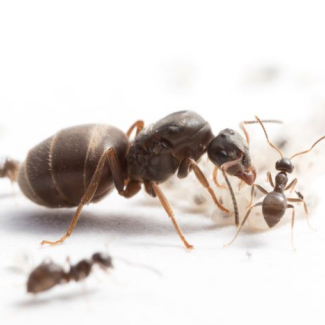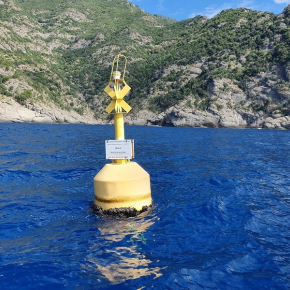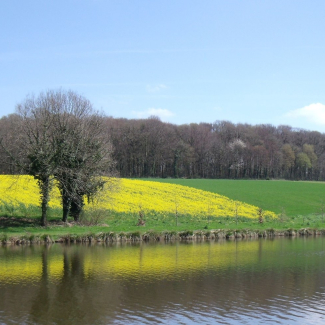
Marine protected areas combat the effects of climate change
Marine protected areas (MPAs) are one of the solutions being put forward to help adapt to and mitigate the effects of climate change. To demonstrate their effectiveness, scientists from CRIOBE (CNRS/École Pratique des Hautes Etudes/UPVD), as part of an international team1 , analysed 22,403 research articles on MPAs. Their results show that MPAs can significantly improve carbon sequestration, coastal protection, biodiversity and the reproductive capacity of marine organisms, as well as the catches and income of fishers when they are fully or highly protected. Although MPAs cannot solely compensate for the full impact of climate change, they are a valuable tool for the mitigation and adaptation of socio-ecological systems. While ocean-related solutions were previously proposed without any real grounding, these results now provide a scientific basis for intergovernmental conventions to address the climate crisis. This new study, published in One Earth on October 21, also reveals that the effect of MPAs on certain climate mechanisms is still not sufficiently documented.
- 1This research involved scientists from the Ocean-Climate Platform at the Stockholm Resilience Centre (Stockholm University) and the School of Aquatic and Fishery Sciences (University of Washington).
Ocean conservation boosts climate change mitigation and adaptation, Juliette Jacquemont, Robert Blasiak, Chloé Le Cam, Maël Le Gouellec, et Joachim Claudet. One Earth, 21 octobre 2022. DOI : https://doi.org/10.1016/j.oneear.2022.09.002


